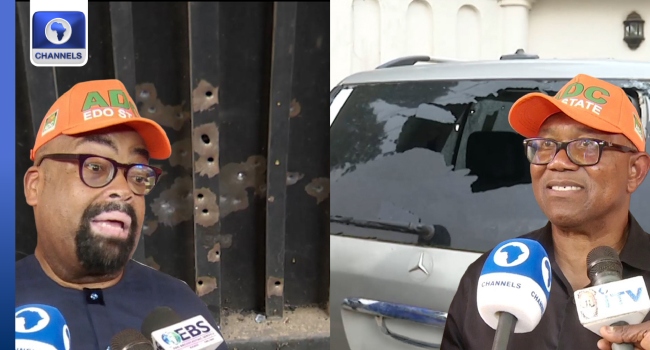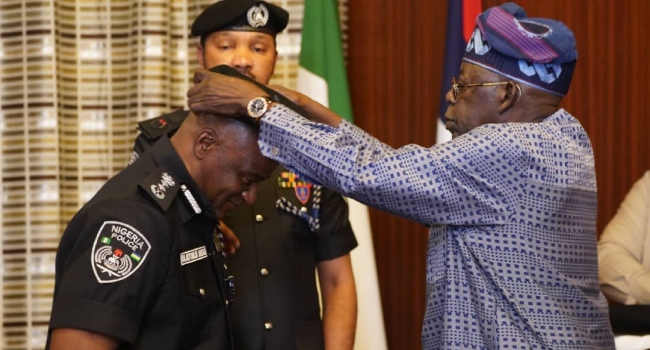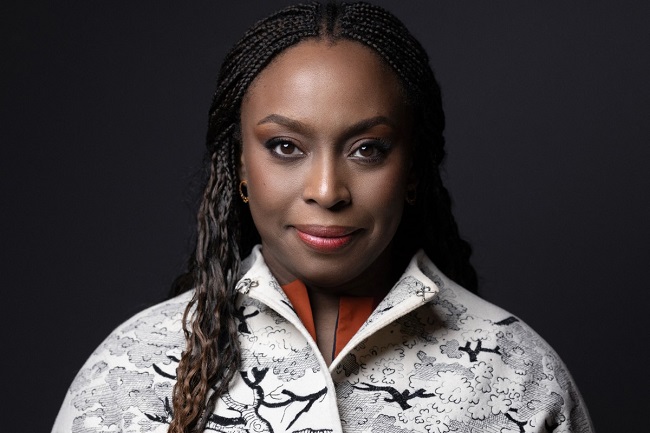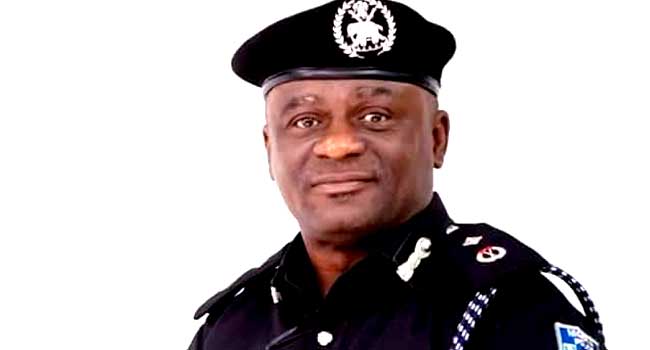Barely a day after the attack of some chieftains of the African Democratic Congress (ADC) in Edo State, including Peter Obi, a former President of the Nigerian Bar Association, Olumide Akpata, has narrated how the incident happened.
Akpata, former Edo State governorship candidate of the Labour Party (LP), said he and Obi separately received intelligence reports on Tuesday warning that the venue of their political event in Benin City would soon come under attack.
“I was in harm’s way, there’s no doubt. I was alongside other people. We were in harm’s way yesterday in Benin,” he said on Channels Television’s Politics Today on Wednesday.
“Thankfully, due to the efforts of some of the security personnel who were there, I think what could have been a very dastardly event was averted yesterday.”
READ ALSO: Obi, ADC, Akpata Criticise APC Govt After Attack In Edo
“Peter Obi and I received information separately from reliable sources that the venue we were at would soon come under attack by unknown persons,” Olumide Akpata recounts the attack on Obi, John Oyegun, and other ADC chieftains in Edo State.#PoliticsToday pic.twitter.com/NDAbyTXFcj
According to the lawyer-turned politician, LP members in Edo State had gathered to formally move into ADC at the party Secretariat on Ogbelaka Street in Benin City for a ceremony scheduled for 11 a.m.
He explained that as the programme progressed, intelligence from reliable sources suggested the venue could soon be attacked.
“We got information as the event proceeded from sources that are usually reliable that the venue would very soon come under attack from some unknown persons.
“I received that information separately. Mr. Obi received that information… and we were advised to speed up the event… to avert what those persons thought would be a crisis,” he said.
Akpata described the venue as “a very tight building, narrow building, and even a stampede would be dangerous,” adding that the street “is densely populated.”
He stated that the event was hurriedly concluded, and leaders were ushered out.
“We told them that, listen, because of this development, come to Chief Oyegun’s house. We would address the press there.
“This was a decision taken on the fly because… things had changed. We didn’t have time to do any press [briefing]. Anything could have happened,” he said.
Shortly after they left, he said, armed men attacked the secretariat. He disclosed that his cousin narrowly escaped being hit by a bullet.
“We started getting calls that as soon as we left the secretariat on Ogbelaka Street, some guys actually showed up and attacked the venue, attacked people,” he said.
Since the incident, the Edo State Government has asked the police to investigate the matter.





